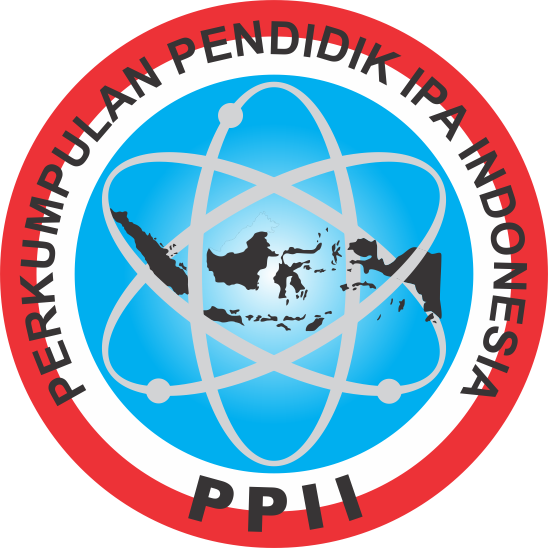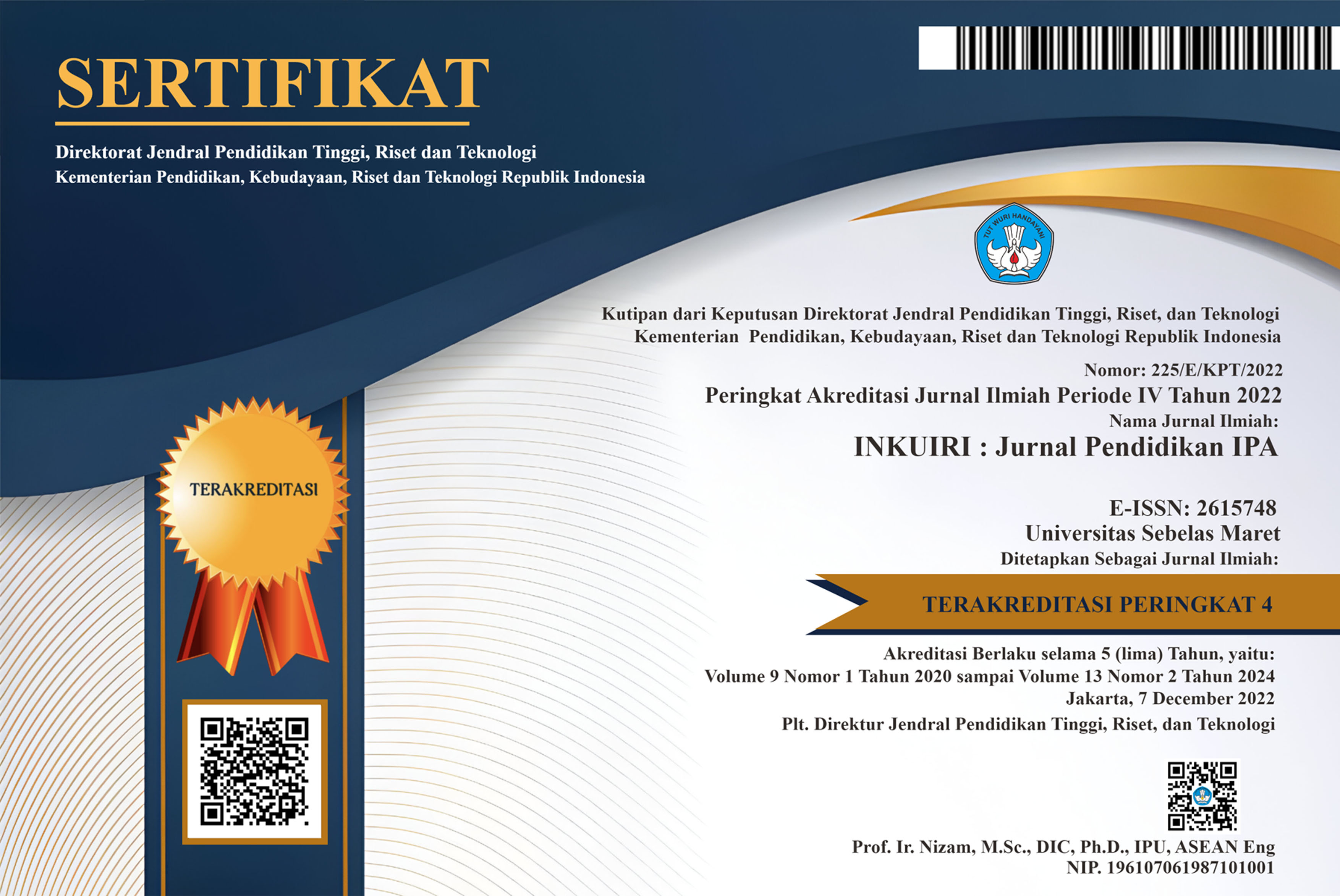Enhancing Kindergartners’ Letter Sound Identification with the Phonics Play Approach (PPA): An Action Research Study
Abstract
Studi penelitian tindakan ini mengevaluasi Pendekatan Bermain Fonik (PPA), sebuah intervensi berbasis permainan yang menggunakan materi berbiaya rendah (misalnya, kartu catatan, lembar kerja), untuk meningkatkan identifikasi bunyi huruf pada 23 siswa TK di kelas bilingual (Cebuano-Inggris) di South City Central School, Filipina, selama empat bulan (Agustus–November 2023). Berdasarkan teori efikasi diri Bandura (1997), PPA mengintegrasikan permainan berbasis cerita, lagu fonik, perburuan harta karun, dan permainan peran untuk meningkatkan keterlibatan dan kepercayaan diri, serta mengatasi perilaku menyimpang yang diamati selama pembelajaran fonik tradisional. Desain pra-tes/pasca-tes kelompok tunggal dengan tes 30 item, yang dianalisis melalui uji Wilcoxon signed-rank, menilai kemahiran fonik, sementara wawancara semi-terstruktur dengan seorang guru, yang dianalisis secara tematis, mengeksplorasi kelayakan PPA. Hasil menunjukkan peningkatan signifikan dalam pengenalan bunyi huruf (p = 0,001, r = 0,82) dan keterlibatan, terutama di antara siswa Maranao dengan kemampuan bahasa Inggris terbatas. Pendekatan non-digital berbasis guru PPA menawarkan model yang dapat diskalakan untuk lingkungan multibahasa dengan sumber daya terbatas di seluruh dunia, dari Asia Tenggara hingga Afrika sub-Sahara, yang sejalan dengan Tujuan Pembangunan Berkelanjutan 4 (UNESCO, 2023). Dengan mengisi kesenjangan dalam fonik berbasis permainan, PPA menginformasikan pelatihan guru dan mendorong literasi dini yang adil. Keterbatasannya meliputi desain sampel kecil dan kelompok tunggal.
This action research study evaluated the Phonics Play Approach (PPA), a play-based intervention using low-cost materials (e.g., flashcards, worksheets), to enhance letter sound identification among 23 kindergartners in a bilingual (Cebuano-English) classroom at South City Central School, Philippines, over four months (August–November 2023). Grounded in Bandura’s (1997) self-efficacy theory, PPA integrated story-based games, phonics songs, scavenger hunts, and role-play to boost engagement and confidence, addressing off-task behaviours observed during traditional phonics lessons. A single-group pre-test/post-test design with a 30-item test, analysed via the Wilcoxon signed-rank test, assessed phonics proficiency, while semi-structured interviews with one teacher, analysed thematically, explored PPA’s feasibility. Results showed significant improvements in letter sound recognition (p = 0.001, r = 0.82) and engagement, particularly among Maranao students with limited English proficiency. PPA’s teacher-driven, non-digital approach offers a scalable model for resource-limited, multilingual settings globally, from Southeast Asia to sub-Saharan Africa, aligning with Sustainable Development Goal 4 (UNESCO, 2023). By filling gaps in play-based phonics, PPA informs teacher training and promotes equitable early literacy. Limitations include the small sample and single-group design.
Keywords
Full Text:
PDFReferences
Agüero, M., & Francioni, A. (2023). Synthetic phonics: A glimpse on its effectiveness in teaching young learners to read in English as a foreign language. International Journal of Second and Foreign Language Education, 2(2), 20–42. https://doi.org/10.33422/ijsfle.v2i2.501
Akan, E., Özdemir Cihan, M., Kurşun, E., Yıldız, M., & Aydemir Arslan, M. (2024). Whole language method and phonics instruction as literacy teaching methods: A systematic review. Journal of Qualitative Research in Education, 37, 247–280. https://doi.org/10.14689/enad.37.1720
Alonzo, C. N., Carvajal, J. M., & Lapinid, M. R. (2023). Mother tongue-based instruction in multilingual Philippine classrooms: Strategies and challenges. Asia Pacific Journal of Education, 43(2), 345–360. https://doi.org/10.1080/02188791.2021.1987654
Alonzo, R., Labad, V., & Bejano, J. (2023). Teachers’ challenges in teaching Mother Tongue-Based Multilingual Education in Camiguin’s public schools, Philippines. International Journal of Education and Practice, 11(3), 461–475. https://doi.org/10.18488/61.v11i3.3424
Bandura, A. (1997). Self-efficacy: The exercise of control. W.H. Freeman.
Braun, V., & Clarke, V. (2006). Using thematic analysis in psychology. Qualitative Research in Psychology, 3(2), 77–101. https://doi.org/10.1191/1478088706qp063oa
Cenoz, J., & Gorter, D. (2020). Teaching multilingualism in the classroom: Pedagogical translanguaging as a theory and a practice. Journal of Multilingual and Multicultural Development, 41(3), 245–258. https://doi.org/10.1080/01434632.2019.1688546
Chen, Y., Li, R., & Zhang, P. (2023). Digital gamification in phonics instruction: A systematic review. Educational Technology Research and Development, 71(4), 1391–1416. https://doi.org/10.1007/s11423-023-10145-8
Creswell, J. W. (2013). Qualitative inquiry and research design: Choosing among five approaches (3rd ed.). SAGE.
Department of Education. (2016). Kindergarten curriculum guide. Republic of the Philippines. https://www.deped.gov.ph/wp-content/uploads/2019/01/Kinder-CG_0.pdf
Fitriana, R., Haryani, S., & Supartono, S. (2022). Implementation of singing games to improve early childhood students’ English vocabulary. Journal of Early Childhood Education, 4(1), 45–56. https://doi.org/10.20473/jece.v4i1.12345
Kapp, K. M. (2012). The gamification of learning and instruction: Game-based methods and strategies for training and education. John Wiley & Sons.
Kirsch, C., Bergeron-Morin, L., & Mortini, S. (2023). Educators, parents and children engaging in literacy activities in multiple languages: An exploratory study. International Journal of Multilingualism, 20(4), 1386–1403. https://doi.org/10.1080/14790718.2023.2195658
Lin, C.-H., Liu, E. Z.-F., Chen, Y.-L., Liou, P.-Y., Chang, M., Wu, C.-H., & Yuan, S.-M. (2018). Game-based remedial instruction in mastery learning for upper-primary school students. Journal of Educational Technology & Society, 21(2), 94–107. https://www.jstor.org/stable/26388387
Lopez, M. A., & Garcia, R. T. (2024). Culturally responsive literacy instruction in Philippine bilingual classrooms. Philippine Journal of Education, 103(1), 45–60. https://doi.org/10.12345/pje.2024.1031.45
McCarthey, S. J., & Moje, E. B. (2002). Identity matters. Reading Research Quarterly, 37(2), 228–238. https://doi.org/10.1598/RRQ.37.2.6
Ollonen, B., & Kangas, M. (2024). Teacher motivational scaffolding and preschoolers’ motivational triggers in the context of playful learning of multiliteracy and digital skills. Early Childhood Education Journal, 52(3), 465–477. https://doi.org/10.1007/s10643-024-01664-2
Phan, N. T. T., Nguyen, T. T., & Le, T. T. (2023). Enhancing preschoolers’ self-efficacy through play-based literacy activities: Evidence from Vietnam. Early Education and Development, 34(5), 1123–1139. https://doi.org/10.1080/10409289.2022.2098712
Piper, B., Sitabkhan, Y., & Nderu, E. (2022). Scaling low-cost literacy interventions in low-resource settings: Lessons from sub-Saharan Africa and Southeast Asia. Comparative Education Review, 66(4), 664–686. https://doi.org/10.1086/721567
Pyle, A., DeLuca, C., & Wickstrom, H. (2021). Play-based learning in kindergarten: Supporting literacy development through child-directed activities. Canadian Journal of Education, 44(2), 312–340. https://doi.org/10.53967/cje-rce.v44i2.4567
Republic Act No. 10173, Data Privacy Act of 2012. (2012). Official Gazette of the Republic of the Philippines. https://www.officialgazette.gov.ph/2012/08/15/republic-act-no-10173/
Republic Act No. 10533. (2013). Enhanced Basic Education Act of 2013. Official Gazette of the Republic of the Philippines. https://www.officialgazette.gov.ph/2013/05/15/republic-act-no-10533/
Sanden, S., MacPhee, D. A., Hartle, L., Poffendorf, S., & Zuiderveen, C. (2022). The status of phonics instruction: Learning from the teachers. Reading Horizons, 61(1), 1–24. https://doi.org/10.33600/rh.61.1.1
Savage, R., Georgiou, G., Parrila, R., & Maiorino, K. (2020). Preventative reading interventions teaching direct mapping of graphemes in texts and set-for-variability aid at-risk learners. Scientific Studies of Reading, 24(3), 225–242. https://doi.org/10.1080/10888438.2019.1660658
Schmuck, R. A. (2008). Practical action research for change (2nd ed.). Corwin Press.
Wahyuni, S., Fitriani, S., & Nuraini, S. (2021). Teachers’ perceptions of play-based learning in early childhood education: A case study in Indonesia. Journal of Early Childhood Care and Education, 5(2), 89–102. https://doi.org/10.12928/jece.v5i2.1234
Refbacks
- There are currently no refbacks.






